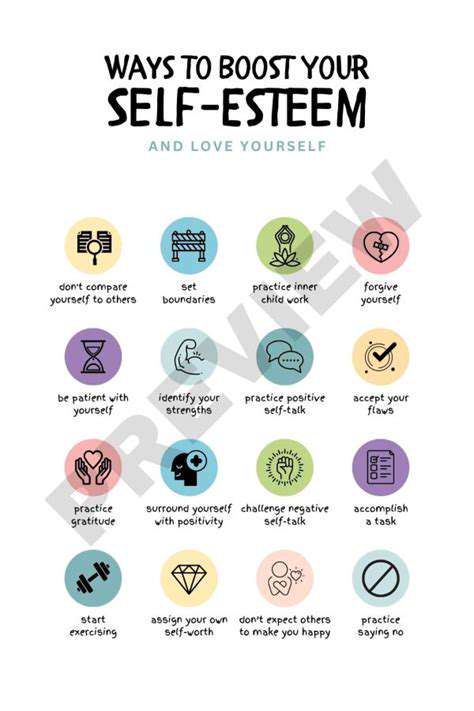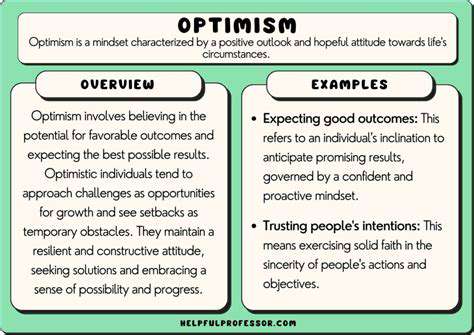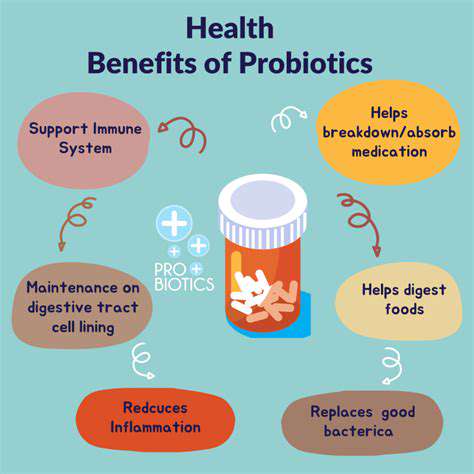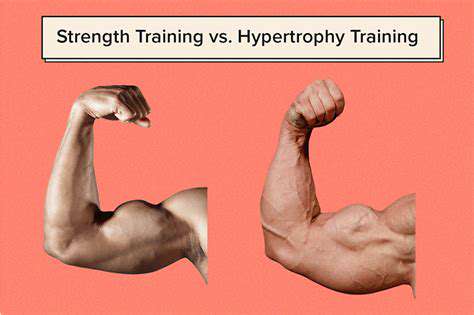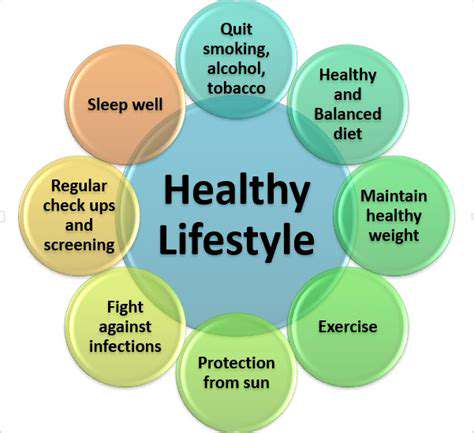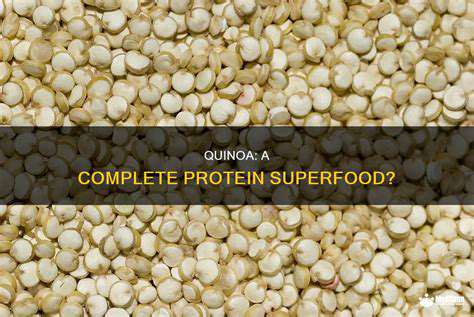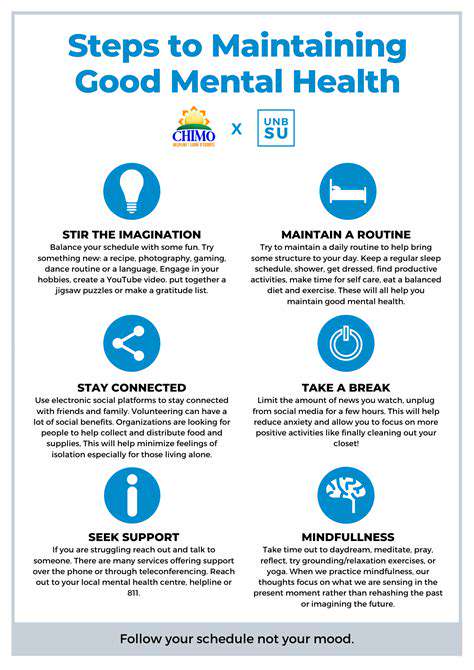What is the Mediterranean DASH Diet? [Benefits & How To]
Implementing the Mediterranean-DASH Diet: A Practical Guide
Understanding the Mediterranean-DASH Diet
The Mediterranean-DASH Diet combines the principles of the Mediterranean diet, rich in fruits, vegetables, whole grains, and healthy fats, with the Dietary Approaches to Stop Hypertension (DASH) diet, focusing on reducing sodium intake and increasing potassium-rich foods. This hybrid approach emphasizes nutrient-dense foods, promoting overall health and well-being while potentially reducing the risk of chronic diseases like heart disease and stroke. This diet prioritizes whole, unprocessed foods, offering a sustainable and enjoyable way to eat for long-term health benefits.
Its core philosophy revolves around making gradual, manageable changes to your existing dietary habits. This approach fosters long-term adherence and makes the transition to a healthier lifestyle less daunting. The emphasis on whole foods and plant-based options provides a wealth of vitamins, minerals, and antioxidants, which are crucial for maintaining optimal health.
Key Dietary Components
A cornerstone of the Mediterranean-DASH diet is the abundance of fruits and vegetables. These vibrant foods provide essential vitamins, minerals, and fiber, supporting a healthy digestive system and promoting satiety. Aim for a variety of colors and textures, incorporating leafy greens, colorful berries, and starchy vegetables into your meals. This dietary approach also emphasizes whole grains, such as brown rice, quinoa, and whole-wheat bread, which offer more fiber and nutrients compared to refined grains.
Lean protein sources, like fish, poultry, and beans, are encouraged. These options are lower in saturated fat and higher in protein, which aids in muscle maintenance and satiety. The diet also incorporates healthy fats, such as olive oil and avocados, which are rich in monounsaturated fats and beneficial for heart health. Moderation is key, ensuring a balanced intake of all food groups.
Portion Control and Meal Planning
Portion control is an essential aspect of successful weight management and maintaining a healthy lifestyle. The Mediterranean-DASH Diet encourages mindful eating, paying attention to hunger and fullness cues. Using smaller plates and bowls can help with portion control, as can being conscious of how much you're eating at each sitting. Meal planning plays a crucial role in achieving your dietary goals. Creating a weekly meal plan allows you to prepare meals in advance, reducing impulsive choices and ensuring that you're consuming nutrient-rich foods throughout the week.
Sodium Reduction Strategies
Reducing sodium intake is a vital element of the DASH diet, and by extension, the Mediterranean-DASH diet. High sodium intake is linked to elevated blood pressure, which is a major risk factor for heart disease. Limit processed foods, which are often high in sodium. Season your food with herbs and spices instead of salt, and opt for low-sodium options when possible. Monitoring sodium content on food labels is also crucial to making informed choices.
Understanding the hidden sources of sodium in condiments, sauces, and even seemingly healthy foods is vital to reducing overall intake. Gradually reducing your sodium intake allows your body to adjust, preventing potential side effects like headaches or dizziness.
Lifestyle Considerations for Success
Beyond dietary changes, incorporating physical activity and stress management techniques can significantly enhance the benefits of the Mediterranean-DASH Diet. Regular exercise, such as brisk walking, swimming, or cycling, helps maintain a healthy weight, improves cardiovascular health, and reduces stress. Stress management techniques, such as meditation or yoga, can also play a crucial role in overall well-being, as stress can negatively impact both physical and mental health. Creating a supportive environment for making these changes, such as seeking guidance from a registered dietitian or joining a support group, can foster long-term success.
Adequate sleep is also a critical factor in maintaining a healthy lifestyle. Aim for 7-8 hours of quality sleep each night to support your body's natural restorative processes and regulate hormones that control appetite and metabolism. Consistency in sleep patterns is key to feeling your best and maximizing the effectiveness of your dietary changes.
Making the Mediterranean-DASH Diet a Sustainable Lifestyle
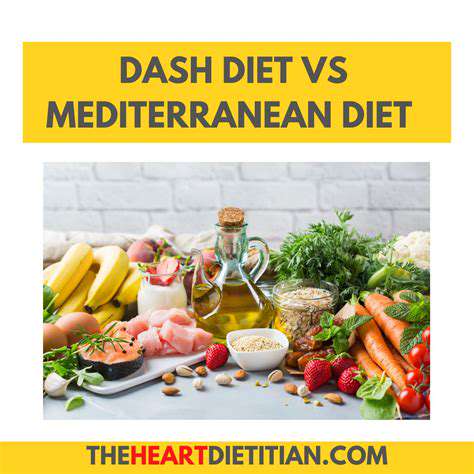
Understanding the Mediterranean-DASH Diet
The Mediterranean-DASH Diet is a dietary approach that combines elements of the Mediterranean diet and the Dietary Approaches to Stop Hypertension (DASH) diet. It emphasizes whole, unprocessed foods, focusing on fruits, vegetables, whole grains, lean protein sources, and healthy fats. This dietary pattern is designed to promote heart health, manage blood pressure, and reduce the risk of chronic diseases.
This dietary approach is not only beneficial for weight management, but also for overall well-being. By incorporating a variety of nutrient-rich foods, individuals can experience improved energy levels, mood regulation, and a strengthened immune system.
Key Principles of the Diet
A cornerstone of this diet is the emphasis on plant-based foods. This includes a wide array of fruits, vegetables, legumes, and whole grains, providing essential vitamins, minerals, and fiber. These components play a crucial role in regulating blood sugar and cholesterol levels, fostering a healthier cardiovascular system.
The diet also emphasizes lean protein sources, such as fish, poultry, and beans, along with healthy fats, primarily from sources like olive oil, avocados, and nuts. These components provide essential nutrients while promoting heart health.
Fruits and Vegetables: The Foundation
The Mediterranean-DASH Diet places a strong emphasis on fruits and vegetables, highlighting their crucial role in overall health. Including a diverse range of colorful fruits and vegetables in daily meals provides a wide array of vitamins, minerals, and antioxidants, which are essential for a healthy immune system and cellular function.
Consuming a substantial amount of fruits and vegetables is vital for maintaining a healthy weight and reducing the risk of chronic diseases. These foods are low in calories and high in fiber, contributing to feelings of fullness and promoting digestive health.
Whole Grains and Healthy Fats
Whole grains, such as brown rice, quinoa, and whole-wheat bread, are integral components of this diet. Their high fiber content aids digestion, helps regulate blood sugar, and promotes feelings of satiety. This contributes to better blood sugar control, preventing spikes and dips, and contributing to improved energy levels.
Incorporating healthy fats, predominantly from sources like olive oil, nuts, and avocados, is another key element of the diet. These fats are crucial for maintaining cell function, promoting hormone production, and supporting overall well-being. They also contribute to heart health.
Lean Protein and Dairy
The diet emphasizes lean protein sources, such as fish, poultry, and beans, providing essential amino acids for building and repairing tissues. These protein sources are generally lower in saturated fat compared to red meat, promoting heart health.
Dairy products, such as low-fat yogurt and cheese, are included in moderation, offering calcium and other essential nutrients. However, the focus remains on lean options, as excessive intake of high-fat dairy can negatively impact health goals.
Portion Control and Lifestyle Factors
Portion control is an important aspect of the Mediterranean-DASH diet. Consuming meals in appropriate portions helps manage calorie intake, preventing overeating, and supporting weight management goals. This contributes to a healthier lifestyle and the long-term success of the diet.
Beyond dietary choices, the diet emphasizes lifestyle factors such as regular physical activity and stress management. These factors are vital for enhancing the overall effectiveness of the diet and promoting long-term health benefits.
Read more about What is the Mediterranean DASH Diet? [Benefits & How To]
Hot Recommendations
-
*Guide to Managing Gout Through Diet
-
*Best Habits for Financial Well being
-
*How to Build a Routine for Better Mental Health
-
*How to Eat Healthy on a Budget [Tips & Meal Ideas]
-
*Guide to Practicing Self Acceptance
-
*How to Incorporate More Movement Into Your Day
-
*Guide to Managing Chronic Pain Naturally
-
*Guide to Building a Reading Habit for Well being
-
*Top 5 Weight Loss Supplements That Actually Work
-
*Best Exercises for Postpartum Recovery [Beyond Abdominal Work]

